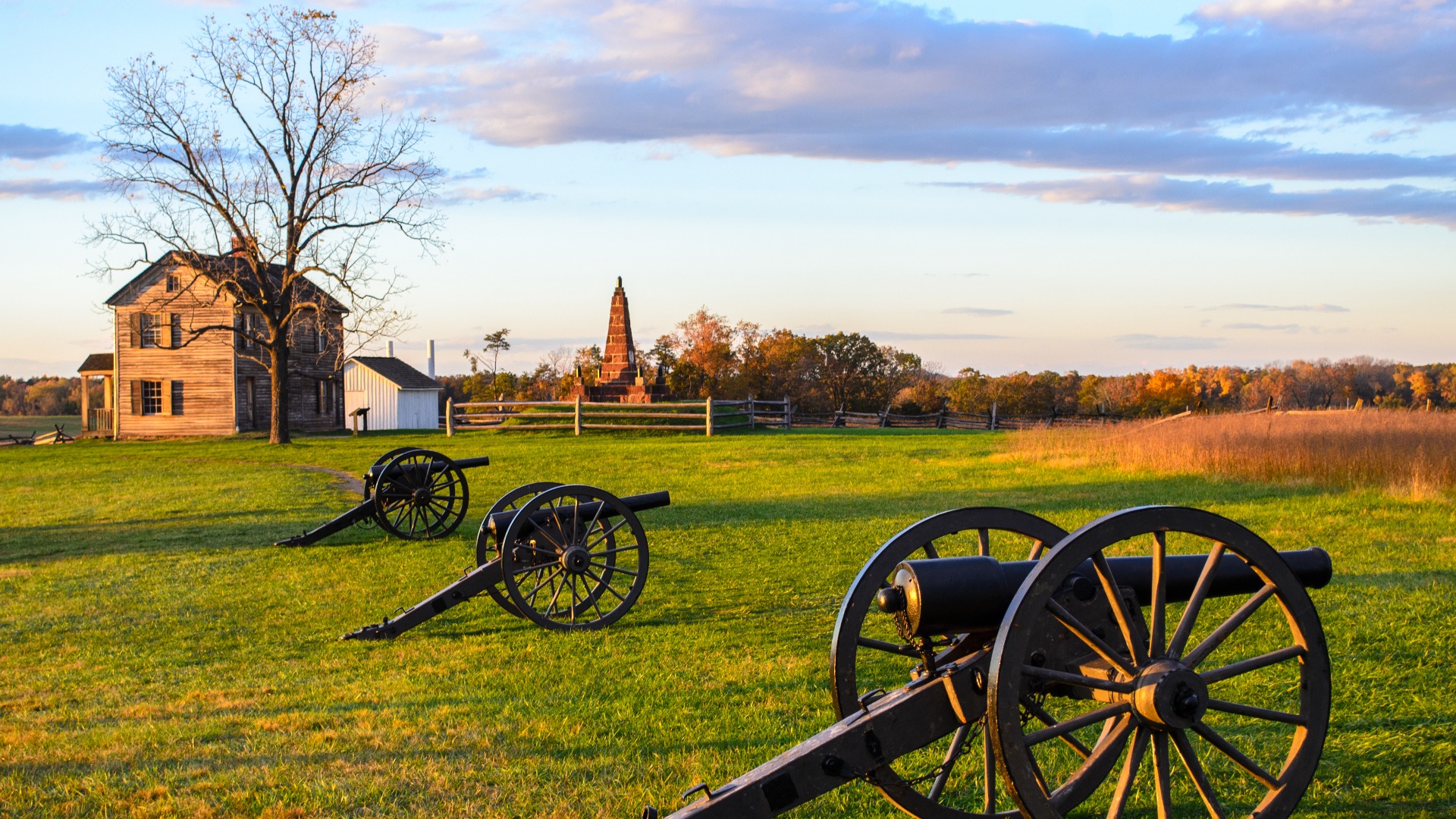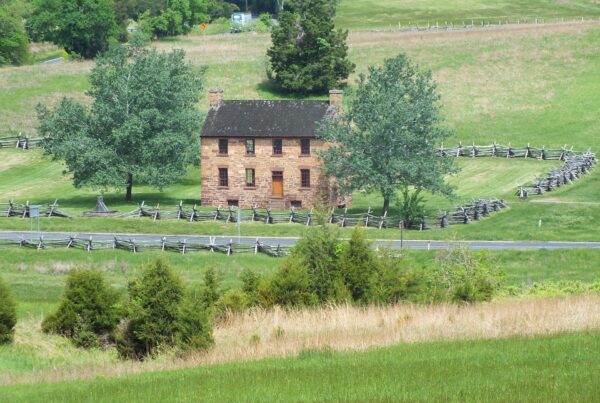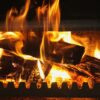Surviving Winter: Ensuring Freeze-Thaw Protection for Your Chimney in Prince William County VA
As winter rolls around, homeowners in Prince William County, Virginia, are no doubt starting to prepare their homes for the colder months. But while most people focus on insulating their homes, few consider the importance of protecting their chimney from the elements. If your chimney is not adequately protected from the freeze-thaw cycle, it can lead to severe damage and costly repairs.
Chimneys are highly susceptible to water damage, especially during the winter months. The freeze-thaw cycle occurs when water seeps into the masonry, freezes, and expands, causing cracks and damage to the structure. Over time, this can lead to a weakened chimney that may collapse, endangering your home and loved ones.
A&T Chimney Sweeps, a renowned fireplace, furnace, dryer vent, gutter cleaning and repair service provider in Prince William County VA, often emphasizes the importance of freeze-thaw protection for chimneys. Here are some ways you can ensure your chimney survives the winter unscathed.
Waterproofing: The first line of defense against the freeze-thaw cycle is waterproofing. This prevents water from penetrating the bricks and mortar of your chimney. It is essential to use a breathable waterproofing product that allows water vapor to escape while preventing liquid water from entering. This ensures that any moisture that is already present in the chimney can evaporate, thus preventing further damage.
Regular Inspections: Regular chimney inspections can help identify any potential issues before they become severe problems. This includes checking for cracks, damaged mortar joints, and other signs of water damage. It is recommended to have your chimney inspected annually, ideally before winter sets in.
Chimney Cap Installation: A chimney cap is a worthwhile investment for protecting your chimney from water damage. It prevents rain, snow, and ice from entering your chimney, thus reducing the risk of freeze-thaw damage. Chimney caps also prevent animals from nesting in your chimney.
Repairing Existing Damage: If your chimney is already showing signs of freeze-thaw damage, it is crucial to address these issues as soon as possible. This may involve replacing damaged bricks or repointing the mortar joints. Ignoring these issues can lead to more significant problems down the line, including possible collapse of the chimney.
Proper Flue Lining: A well-installed and intact flue liner can protect the interior of your chimney from corrosive by-products of combustion, reducing the risk of water damage. If your flue liner is damaged or missing, it is important to have it replaced or repaired.
Insulating Your Chimney: Insulation can protect your chimney from extreme temperature fluctuations, reducing the risk of freeze-thaw damage. There are several ways to insulate your chimney, including installing a chimney liner or using special insulation materials.
By taking these steps, you can ensure that your chimney is protected from the freeze-thaw cycle, helping it to survive the harsh winter months. Remember, your chimney is an integral part of your home and requires regular care and maintenance to ensure it remains safe and functional.
FAQs
Q: How often should I have my chimney inspected?
A: It is recommended to have your chimney inspected at least once a year, ideally before winter sets in.
Q: What is the freeze-thaw cycle?
A: The freeze-thaw cycle refers to the process where water seeps into the chimney, freezes, and expands. This causes damage to the chimney structure and can lead to serious issues if not addressed.
Q: What is a chimney cap and why is it important?
A: A chimney cap is a device installed at the top of the chimney. It prevents rain, snow, and ice from entering the chimney, reducing the risk of water damage and freeze-thaw damage. It also prevents animals from nesting in your chimney.
Q: Can I waterproof my chimney myself?
A: While it is possible to waterproof your chimney yourself, it is always recommended to hire a professional. This ensures the job is done correctly and safely.
Q: How does insulation protect my chimney from freeze-thaw damage?
A: Insulation protects your chimney from extreme temperature fluctuations, reducing the risk of freeze-thaw damage. This is especially important during the winter months when temperatures can vary significantly.








